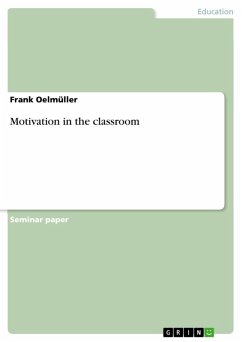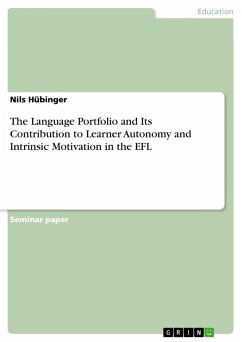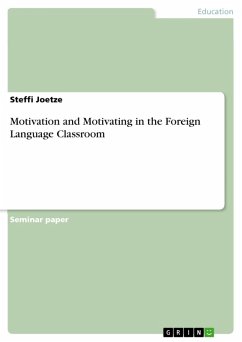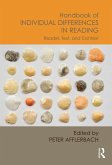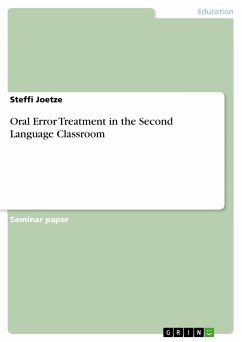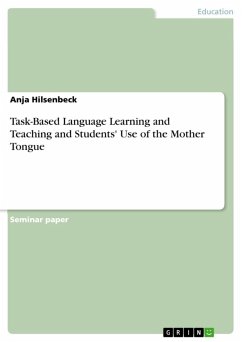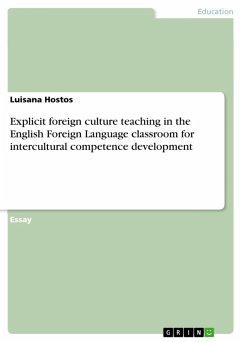Seminar paper from the year 2006 in the subject Didactics - English - Pedagogy, Literature Studies, grade: keine, Bielefeld University (Faculty for Linguistics and Literature), course: Language Learning Motivation and Individual Learner Differences, language: English, abstract: "If I want to know more about the world, then I'll achieve this only by learning." This kind of motivation not only was designated as an 'expansive' one recently, but also as the one which leads to best results. The main hallmark of the 'expansive learning' is the fact that it is born out of complete voluntariness, in other words: the decision to do it or to leave it rests completely on my own. In contrast to this the 'defensive learning' is motivated exclusively by short-term objectives in order to avoid a negative assessment from either the parents, the teachers or any other fellow beings. A 'normal' student in this sense will either pretend a learning progression or learn just as much as necessary. This, however, is supported by the evaluation system of today's schools. Moreover, a student who provides any expansive learning interest may even disturb the planned curriculum and therefore be blamed. Most teachers won't be fond of any newly discovered 'expansive' learning opportunities by a student in particular if they are heading behind the syllabus. The main questions this essay will be concerned with are whether the teacher is able to foster 'intrinsic' and 'expansive' learning at all, and, following that, what are the teacher's means to foster this kind of learning. Since 'intrinsic' and 'expansive' learning is closely linked to the concept of 'interest' the areas discussed in this essay will deal with three conditions for the development of interest at school. These are firstly an interest in the subject, secondly an informing feedback, and thirdly proper instructions, all of them in regard to the teacher. Derived from these conditions the essay will examine the motivational effects of enthusiasm and zest, as well as clarity and commitment on part of the teacher, and the effect of success and failure on part of the student. It will briefly deal with the involved motivational theories and conclude with an assessment in how far it will be possible to reduce the 'extrinsic/defensive learning' and the common doubts about the sense of learning at today's schools.
Dieser Download kann aus rechtlichen Gründen nur mit Rechnungsadresse in A, B, BG, CY, CZ, D, DK, EW, E, FIN, F, GR, HR, H, IRL, I, LT, L, LR, M, NL, PL, P, R, S, SLO, SK ausgeliefert werden.

